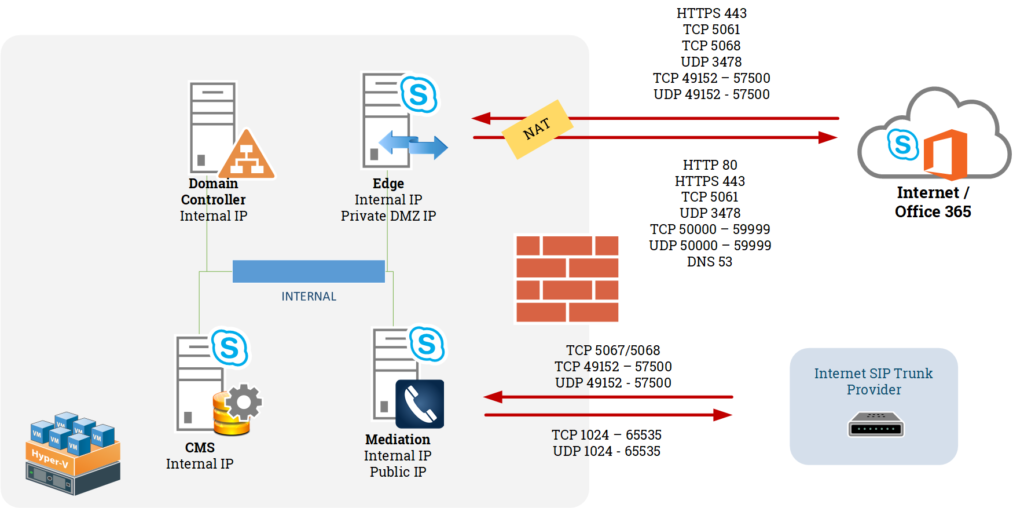
In the case of Skype for Business, if it is no longer available on-premises, that digital sovereignty is compromised.īut you said 2025, plenty of time to think about alternatives right? You’d think, but six years are gone before you know it and even then, it’s not like things will stay the same until 2025. The thing with organizations using their software on-premises or in the private cloud is that they want to achieve or maintain digital sovereignty.

True, Microsoft promised to work on adding Skype for Business features to Teams, but it may mean that for a while, people will have to do without some of their favorites.Īs annoying the change may be for some Skype for Business Online users, companies that rely on the on-premises version of Skype have bigger things to worry about.
#LATEST SKYPE FOR BUSINESS SERVER VERSION FULL#
So what if you do not need a full collaboration suite? Or what if you depend on features that are in Skype but not (yet) in Teams. Whereas Team is a full collaboration suite, Skype’s feature set is focused around chat and videocalling capabilities. Why is this a problem?įirst of all, Teams isn’t a one-on-one Skype replacement. Skype for Business users will have to move to Teams, Microsoft’s primary tool for business communication and collaboration. As they announced in July, Microsoft will stop supporting Skype for Business (starting with the cloud version in July 2021, followed by Skype for Business Server in 2025). But Google is not the only big company where things are moving. Recently we wrote about Google and how they constantly change their messaging strategy.


 0 kommentar(er)
0 kommentar(er)
